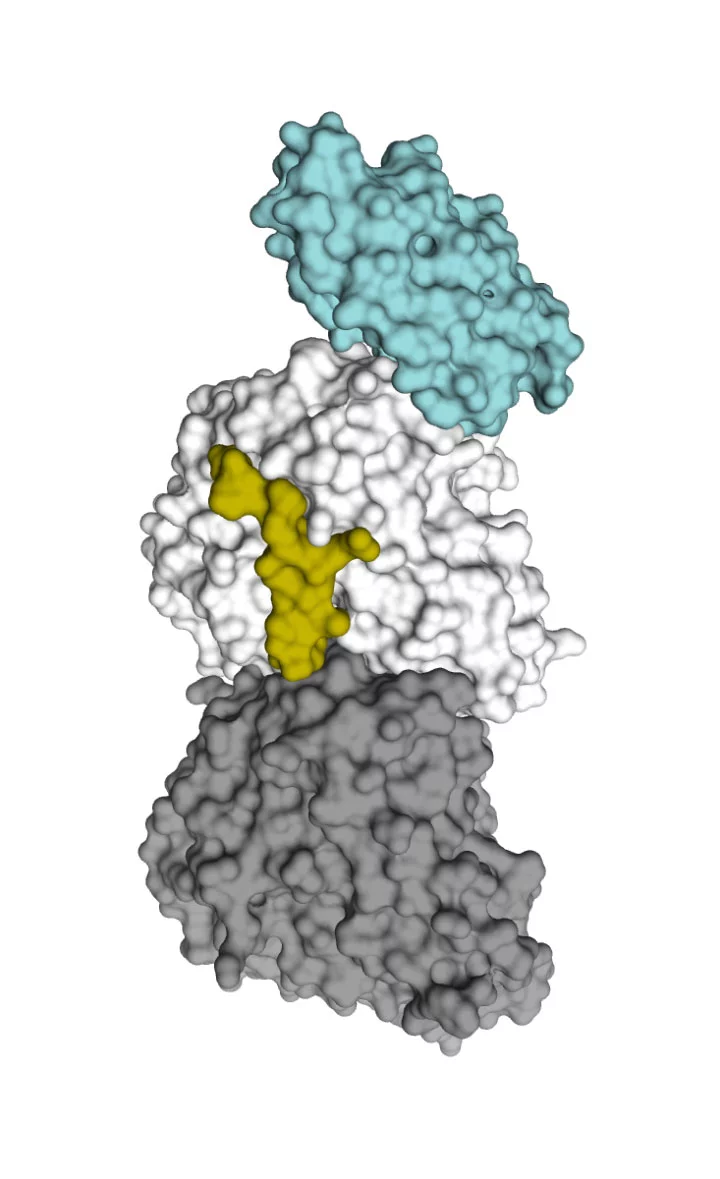Centrioles are fundamental and evolutionarily conserved microtubule-based organelles whose assembly is characterized by microtubule growth rates that are orders of magnitude slower than those of cytoplasmic microtubules. Several centriolar proteins can interact with tubulin or microtubules, but how they ensure the exceptionally slow growth of centriolar microtubules has remained mysterious. Here, we bring together crystallographic, biophysical, and reconstitution assays to demonstrate that the human centriolar protein CPAP (SAS-4 in worms and flies) binds and "caps" microtubule plus ends by associating with a site of β-tubulin engaged in longitudinal tubulin-tubulin interactions. Strikingly, we uncover that CPAP activity dampens microtubule growth and stabilizes microtubules by inhibiting catastrophes and promoting rescues. We further establish that the capping function of CPAP is important to limit growth of centriolar microtubules in cells. Our results suggest that CPAP acts as a molecular lid that ensures slow assembly of centriolar microtubules and, thereby, contributes to organelle length control.
Supplemental Information
Contact
Prof. Michel O. SteinmetzBiomolecular Complexes
Paul Scherrer Institute
OFLC/102
5232 Villigen PSI
Switzerland
michel.steinmetz@psi.ch
Original Publication
Centriolar CPAP/SAS-4 Imparts Slow Processive Microtubule GrowthSharma Ashwani, Aher Amol, Dynes Nicola J, Frey Daniel, Katrukha Eugene A, Jaussi Rolf, Grigoriev Ilya, Croisier Marie, Kammerer Richard A, Akhmanova Anna, Gonczy Pierre, Steinmetz Michel O
DEVELOPMENTAL CELL 37, 362-376 (2016). DOI: 10.1016/j.devcel.2016.04.024


